Keywords: Racist
There are more than 200 results, only the first 200 are displayed here.
-
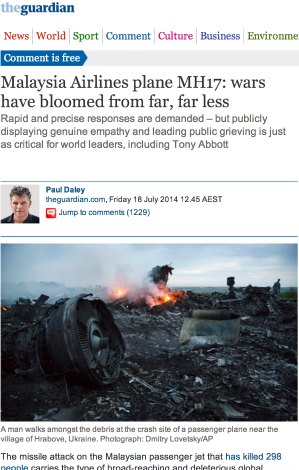
INTERNATIONAL
The horror of the crash that killed 298 people was not a day old before blame was being vigorously assigned by all sides. Not only is this deeply unhelpful and disrespectful, it obscures the fact that, whatever actually happened, a terrible tragedy is at risk of being compounded by the hot-heads on all sides calling for more war and escalation of a conflict in which both Russia and the United States have acted with rank opportunism.
READ MORE 
-
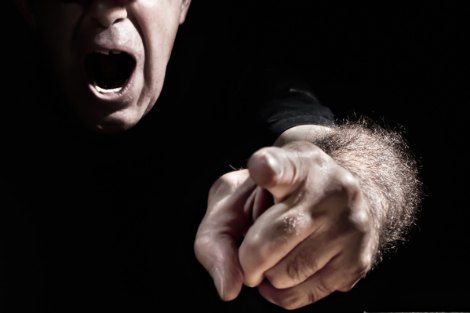
ARTS AND CULTURE
I have to imagine what it would be like to be a refugee, to have fought the sea for safe loam, to starve while salt eats the ship, to thirst for fruit back home, to plea for life and water, to grow sores and wipe blood from our daughter's mouth. But no imagination is needed to witness ice and spit from an ignorant mouth ... I have known and have seen faces contorted like knuckles with hate; feet planted to fight for their version of country.
READ MORE 
-

AUSTRALIA
- Andrew Hamilton
- 16 June 2014
47 Comments
In the lead up to Refugee Week the attitudes of Australians to people who come by boat to seek protection made sober reading. 71 per cent of Australians believed Australia should turn back asylum seeker boats. That is far higher even than the Prime Minister's disapproval rating. Some might say that 71 per cent of Australians can't be wrong. At Eureka Street we have never been persuaded that majorities always have truth on their side.
READ MORE 
-
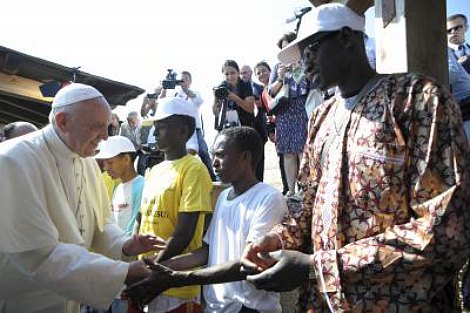
RELIGION
- Andrew Hamilton
- 06 June 2014
3 Comments
Very few Vatican documents on world events are exciting. But some can be helpful when local response to these events is febrile and anxious. The Vatican guidelines on ministry to forcibly displaced persons provide a helpful mirror to reflect the public Australian response to asylum seekers. It offers a long view of Catholic reflection on refugees and a broad perspective on the human reality of having to seek protection.
READ MORE 
-

INTERNATIONAL
- Gillian Bouras
- 04 June 2014
17 Comments
Here in Greece we are still digesting the results of last week's Euro elections. Worry about immigration has contributed to the continuing rise of the neo-Nazi Golden Dawn, which polled 9 per cent, and has won seats in the European Parliament for the first time. And what of Australia? Frankly, I'm baffled, so baffled that visiting Antipodeans take me to task. 'The Australia you grew up in has gone forever.' So it would seem.
READ MORE 
-
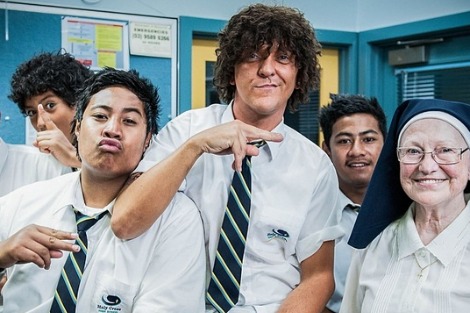
AUSTRALIA
- Michael Mullins
- 12 May 2014
12 Comments
The jury is out on whether Chris Lilley's new ABC1 comedy Jonah from Tonga gives a free kick to racism and other forms of discriminatory behaviour. The prejudices in Lilley's Jonah are depictions of the wounds of Australian society, not the attempt of a far-right ideologue to promote a stratified nation based on race.
READ MORE 
-
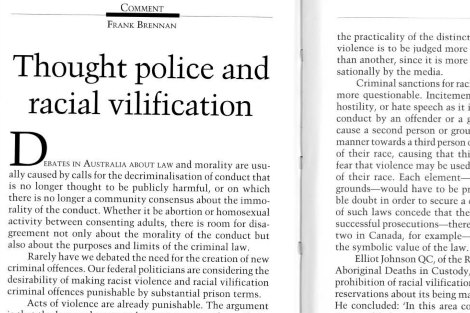
MEDIA
- Frank Brennan
- 11 April 2014
5 Comments
In 1994, a year before the Parliament enacted the present section 18C of the Racial Discrimination Act, I wrote in Eureka Street: 'At this time, in this part of the world, thought-police armed with criminal sanctions are not the answer' to racial discrimination. Senator Brandis has now circulated a proposal to amend the existing provisions. What he has produced is the racial hatred law you have when you don't want a racial hatred law.
READ MORE 
-

AUSTRALIA
- Frank Brennan
- 11 April 2014
1 Comment
'Whether or not we have a bill of rights, much of our human rights jurisprudence remains partial, failing to extend rights equally to all. Once we investigate much of the contemporary discussion about human rights, we find that often the intended recipients of rights do not include all human beings but only those with certain capacities or those who share sufficient common attributes with the decision makers. It is always at the edges that there is real work for human rights discourse to do.' Frank Brennan's Blackfriars Lecture
READ MORE